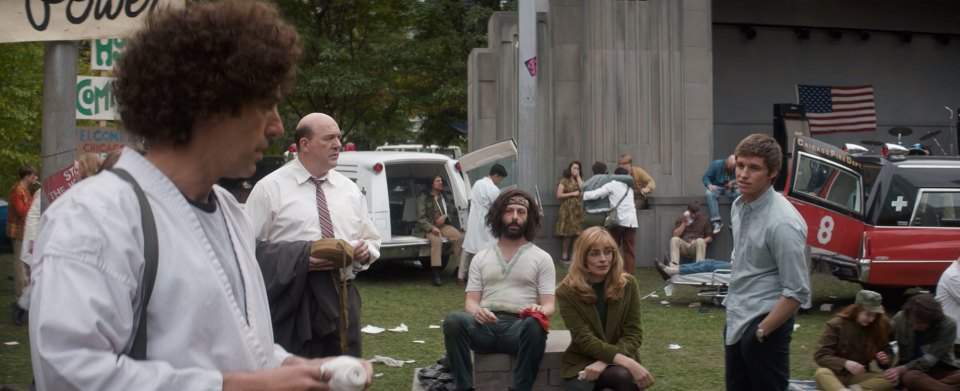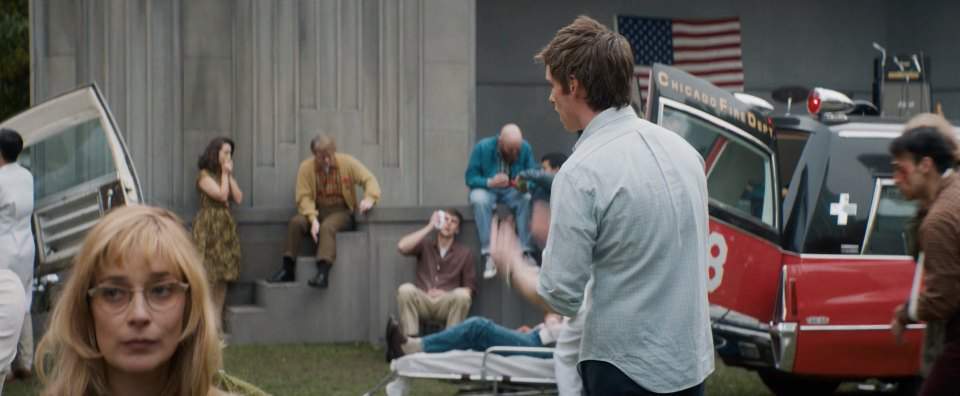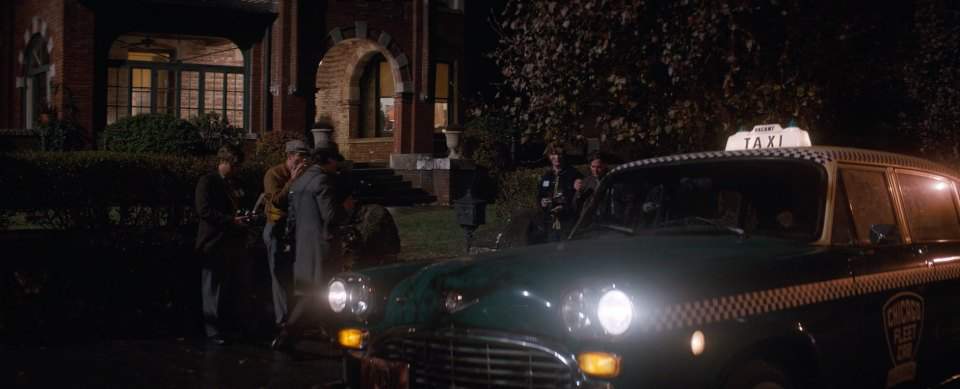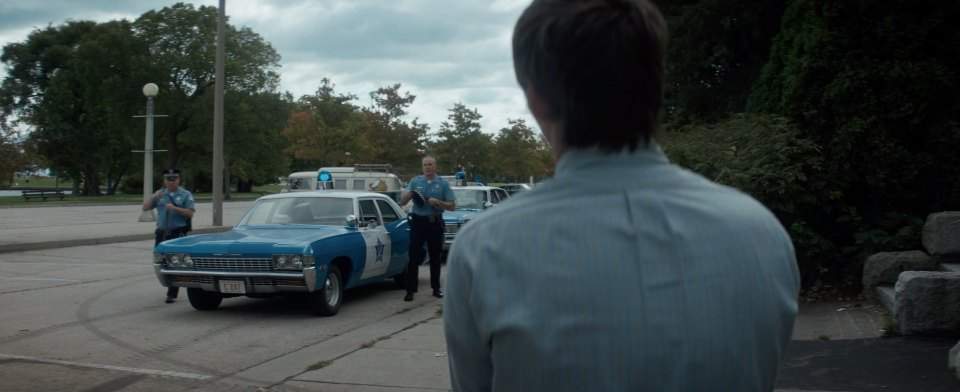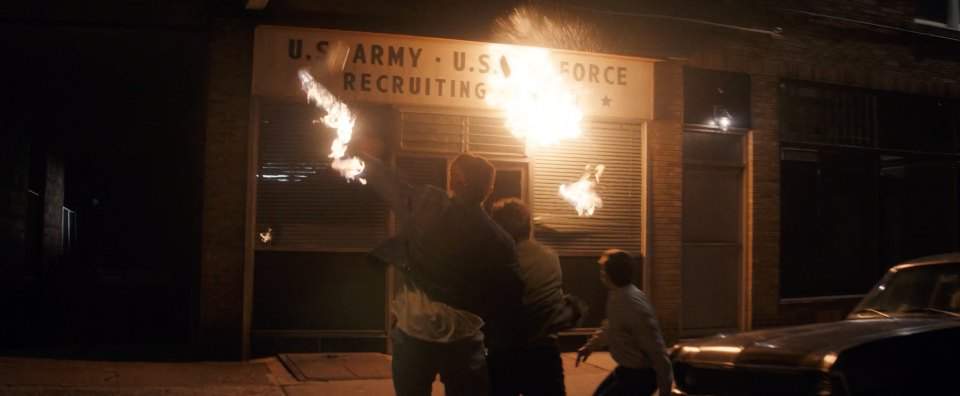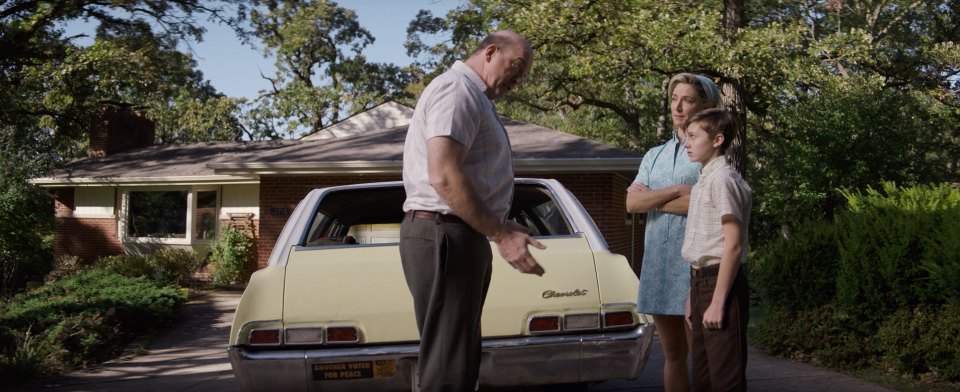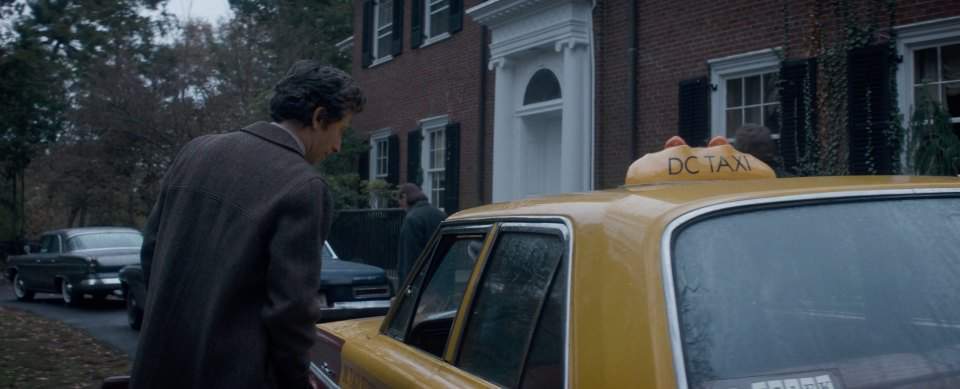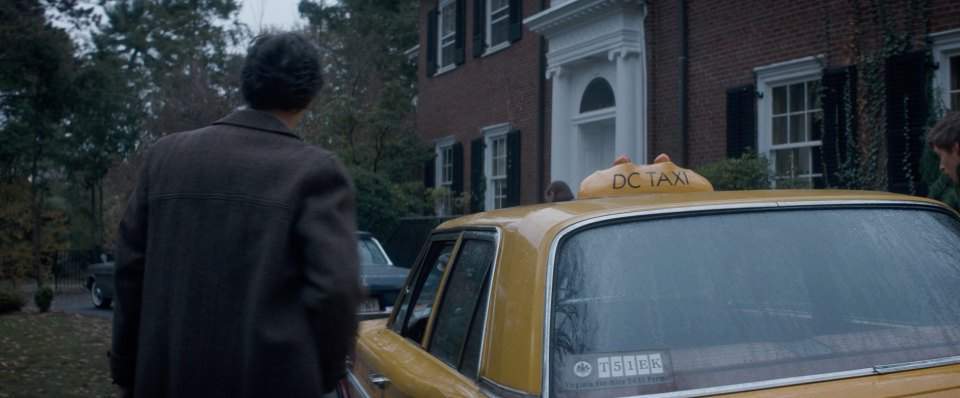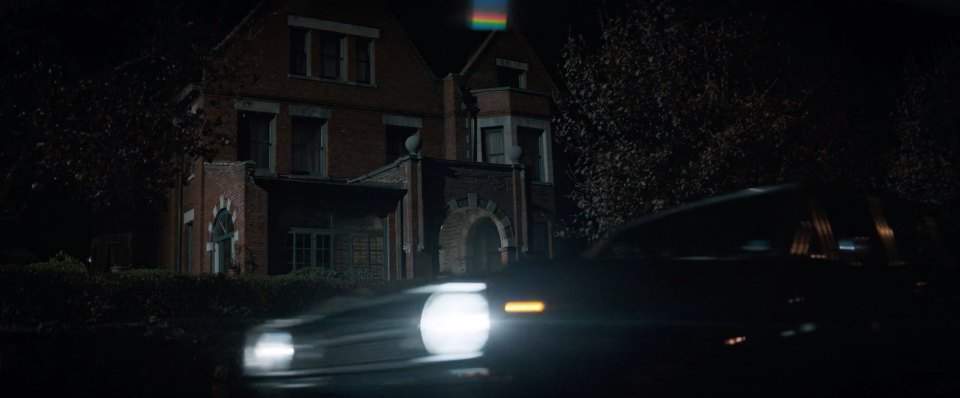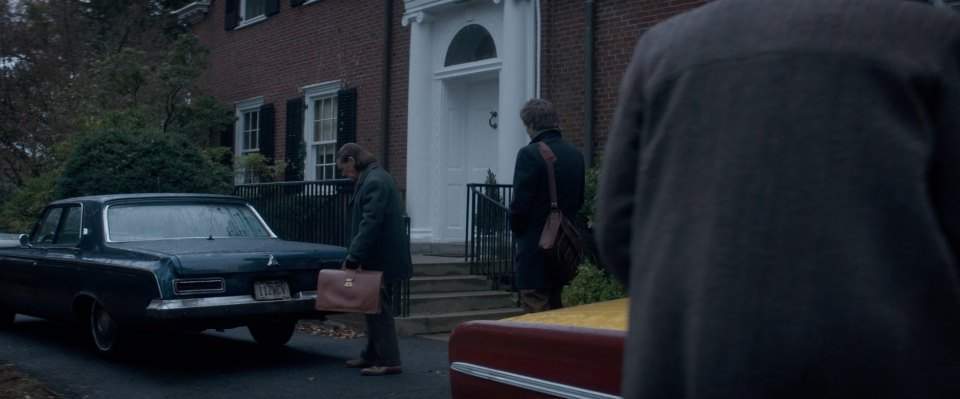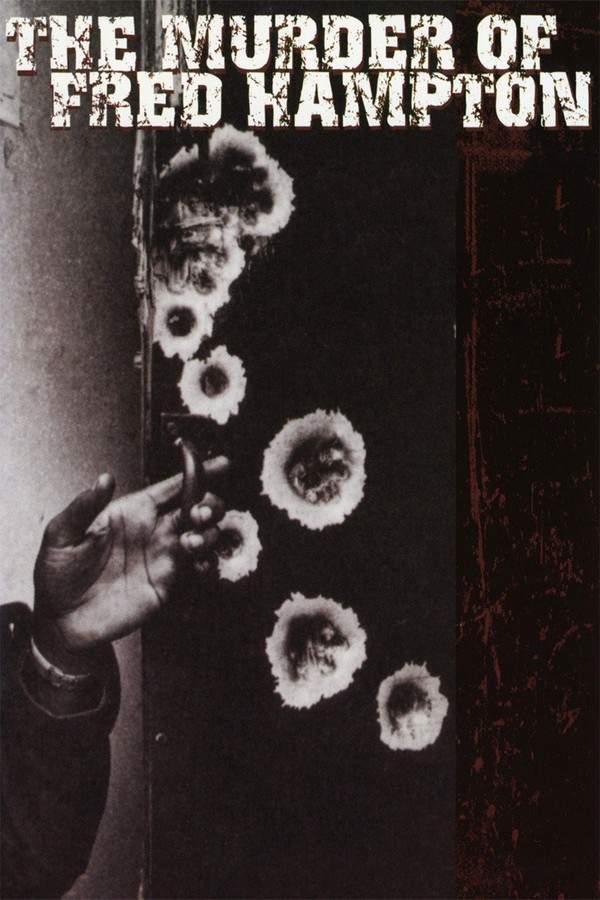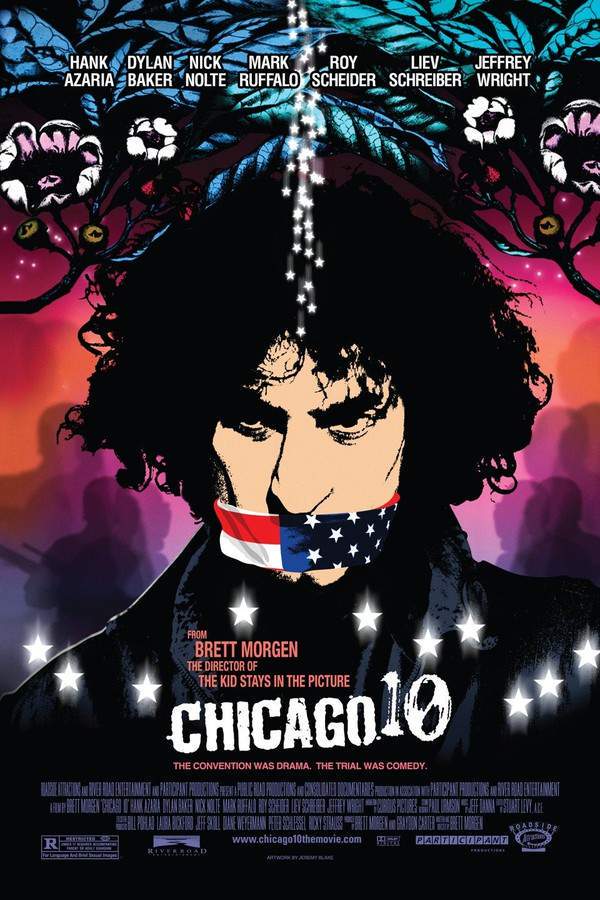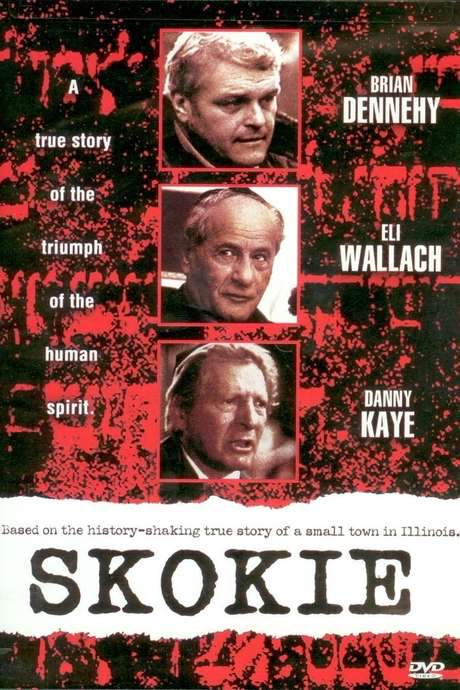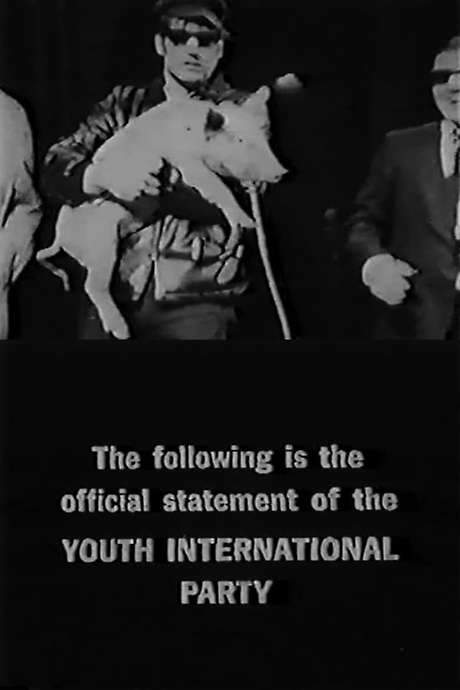The Trial of the Chicago 7 2020
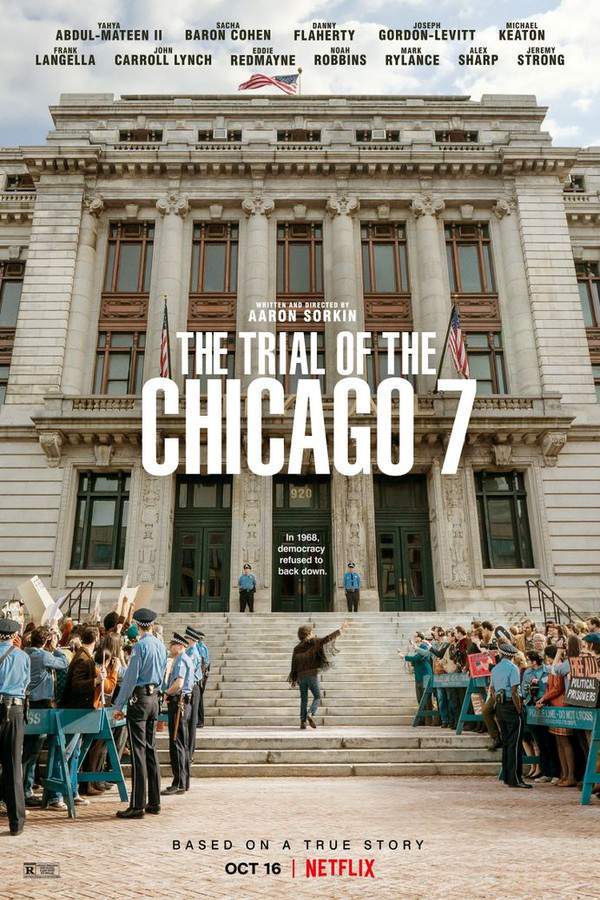
During the 1968 Democratic National Convention, a planned demonstration turns violent, leading to clashes between protesters and police. Seven activists, known for their counterculture views and leadership in the anti-Vietnam War movement, are subsequently charged with conspiracy. Their trial becomes a high-profile legal battle, testing the boundaries of free speech and challenging the government's response to dissent during a time of significant social unrest.
Does The Trial of the Chicago 7 have end credit scenes?
No!
The Trial of the Chicago 7 does not have end credit scenes. You can leave when the credits roll.
Meet the Full Cast and Actors of The Trial of the Chicago 7
Explore the complete cast of The Trial of the Chicago 7, including both lead and supporting actors. Learn who plays each character, discover their past roles and achievements, and find out what makes this ensemble cast stand out in the world of film and television.

Sacha Baron Cohen

William Hurt

Joseph Gordon-Levitt

Yahya Abdul-Mateen II
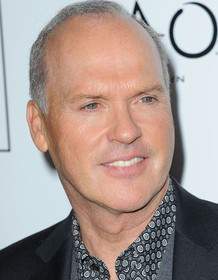
Michael Keaton

Thomas Middleditch
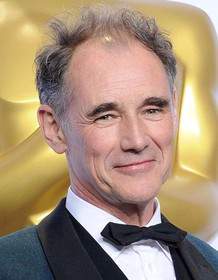
Mark Rylance

Kelvin Harrison Jr.
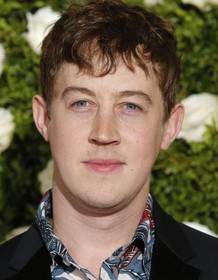
Alex Sharp

Eddie Redmayne
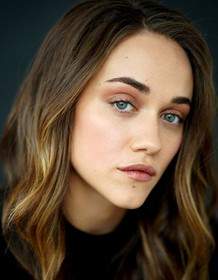
Alice Kremelberg
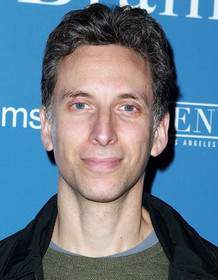
Ben Shenkman

Caitlin Fitzgerald

Frank Langella

J.C. MacKenzie

Jeremy Strong
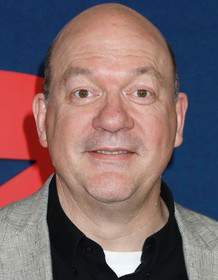
John Carroll Lynch

John Doman

Juliette Allen-Angelo
External Links and Streaming Options
Discover where to watch The Trial of the Chicago 7 online, including streaming platforms, rental options, and official sources. Compare reviews, ratings, and in-depth movie information across sites like IMDb, TMDb, Wikipedia or Rotten Tomatoes.
Ratings and Reviews for The Trial of the Chicago 7
See how The Trial of the Chicago 7 is rated across major platforms like IMDb, Metacritic, and TMDb. Compare audience scores and critic reviews to understand where The Trial of the Chicago 7 stands among top-rated movies in its genre.

The Movie Echo Score
Overall, The Trial of the Chicago 7 delivers a compelling and cohesive narrative driven by incisive dialogue and strong performances. Multiple critiques praise the balanced pacing and crisp editing that keep the courtroom scenes engaging, while some note occasional lapses in historical context and visual subtlety. The ensemble cast contributes nuanced emotional depth, and the score strengthens the film’s tension. While a minority find it occasionally surface-level, the net impression is of a polished, thought-provoking historical drama.
The Movie Echo Score Breakdown for The Trial of the Chicago 7

Art & Craft
In terms of art and craft, the film stands out for its crisp editing and focused staging while occasionally lacking visual nuance. The precise cuts maintain dramatic momentum and the production design effectively evokes the 1960s courtroom. Some critics observed a degree of stylistic straightforwardness. Overall, the art work provides a polished and purposeful cinematic presentation.

Character & Emotion
When it comes to character and emotion, performances are broadly praised for their depth and energy, with multiple actors delivering layered portrayals. Observers highlight Mark Rylance’s nuanced turns and Sacha Baron Cohen’s restrained intensity, noting chemistry among the ensemble. A few viewers felt certain arcs could have explored emotional stakes more fully. Overall, the cast elevates the film through engaging and dynamic character work.

Story & Flow
In terms of story and flow, the narrative is commended for its brisk pacing and coherent structure, blending flashbacks with courtroom scenes to keep engagement high. Reviewers describe the screenplay as compelling and organized, though some felt the historical context received only cursory attention and that certain themes could have been more thoroughly developed. Overall, the plot sustains interest with measured momentum and clear arcs.

Sensory Experience
When it comes to sensory experience, the film benefits from a commanding score and clean sound design, which underscore dramatic moments without overwhelming dialogue. Viewers praise the soundtrack’s thematic consistency, even as some wished for more prominent musical highlights. Visually, the muted palette reinforces the period setting. Overall, the sensory elements integrate smoothly to support the courtroom drama.

Rewatch Factor
In terms of rewatch factor, the film’s intricate dialogue and ensemble interplay invite repeat viewings, as subtle character dynamics and thematic details become more apparent over time. Several viewers note that subsequent watches reveal deeper layers in both script and performance. While some may find limited appeal outside interest in historical drama, the movie generally offers lasting engagement. Overall, it rewards multiple viewings with rich dramatic texture.

76
Metascore
7.6
User Score


89%
TOMATOMETER

90%
User Score

7.7 /10
IMDb Rating

77
%
User Score

3.8
From 1.6K fan ratings

3.00/5
From 2 fan ratings
Take the Ultimate The Trial of the Chicago 7 Movie Quiz
Challenge your knowledge of The Trial of the Chicago 7 with this fun and interactive movie quiz. Test yourself on key plot points, iconic characters, hidden details, and memorable moments to see how well you really know the film.
The Trial of the Chicago 7 Quiz: Test your knowledge about the events, characters, and courtroom drama of 'The Trial of the Chicago 7'.
What was the main charge against the Chicago 7?
conspiracy to commit murder
crossing state lines to incite a riot
assault on a police officer
civil disobedience
Show hint
Awards & Nominations for The Trial of the Chicago 7
Discover all the awards and nominations received by The Trial of the Chicago 7, from Oscars to film festival honors. Learn how The Trial of the Chicago 7 and its cast and crew have been recognized by critics and the industry alike.
93rd Academy Awards 2021

Cinematography
Film Editing
Best Picture
Writing (Original Screenplay)
74th British Academy Film Awards 2021
Best Film
Best Original Screenplay
Best Editing
26th Critics' Choice Awards 2021
Best Picture
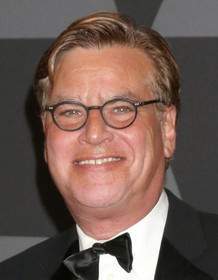

Best Acting Ensemble

Best Editing
27th Annual Screen Actors Guild Awards 2021












Outstanding Performance by a Stunt Ensemble in a Motion Picture
73rd Directors Guild of America Awards 2021

36th Artios Awards 2021
Big Budget – Drama
78th Golden Globe Awards 2021
Best Motion Picture – Drama

Best Director
Best Screenplay
Best Original Song
Full Plot Summary and Ending Explained for The Trial of the Chicago 7
Read the complete plot summary of The Trial of the Chicago 7, including all major events, twists, and the full ending explained in detail. Explore key characters, themes, hidden meanings, and everything you need to understand the story from beginning to end.
In August 1968, a group of activists including Abbie Hoffman, Jerry Rubin, Tom Hayden, Rennie Davis, David Dellinger, Lee Weiner, John Froines, and Bobby Seale gather to plan a demonstration at the Democratic National Convention in Chicago. However, five months later, they find themselves arrested on charges of “crossing state lines” to incite a riot. The prosecution is led by John N. Mitchell, who appoints prosecutors Tom Foran and Richard Schultz to handle the case, while all defendants except Seale have legal representation from William Kunstler and Leonard Weinglass.
The trial is overseen by Judge Julius Hoffman, who exhibits clear bias towards the prosecution, notably insisting that he and Abbie Hoffman are not related. Due to illness, Seale’s attorney, Charles Garry, cannot attend, prompting Judge Hoffman to compel Kunstler to represent Seale, a move both Kunstler and Seale vehemently oppose. Throughout the proceedings, Seale receives support from Fred Hampton, a fact that Judge Hoffman misinterprets as legal counsel. Meanwhile, Abbie’s blatant disdain for the court contributes to growing tensions, leading to Judge Hoffman dismissing two jurors suspected of sympathizing with the defendants, claiming threats from the Black Panther Party as the reason.
As the trial unfolds, police and FBI testimonies spotlight growing hostilities. When Hayden spots two officers following Davis during the convention, he attempts to deflate their tire but is caught and arrested. This act spurs Abbie and the others to protest at the police station, but they are met with a police blockade, resulting in chaotic clashes between the protestors and law enforcement.
Tragedy strikes when the defendants learn that Fred Hampton was killed in a police raid, a catalyst that intensifies the situation in court. In response to Seale’s vocal defense of his rights, Judge Hoffman has him forcibly removed, beaten, and returned to the courtroom in a degrading condition, gagged and chained. Such actions lead to objections from both the defense and the prosecution, ultimately compelling Judge Hoffman to declare a mistrial for Seale’s case.
The defense brings forward Ramsey Clark, the Attorney General during the tumultuous events, to assert that he had avoided launching prosecutions due to evidence that the Chicago Police Department instigated the riots. However, Judge Hoffman denies Clark the opportunity to testify before the jury, dismissing the relevance of his claims. The atmosphere in the courtroom becomes increasingly volatile, culminating in Dellinger’s outburst that results in his arrest after he strikes a bailiff.
Kunstler subsequently reveals a tape that implicates Hayden, preparing him for cross-examination. During the chaotic night of the riots, Hayden notices Davis trying to calm officers who were aggressively handling a protester climbing a flagpole. When Davis is assaulted by police, an inflamed Hayden asserts, > “If blood is going to flow, then let it flow all over the city!” This moment leads to violent repercussions, as the defendants suffer brutal beatings at the hands of the police.
Amidst the courtroom drama, Abbie discerns that Hayden’s words may be exploited during the trial, prompting Hayden to request Abbie to take the stand in his place. Abbie agrees, recognizing the weight of the situation.
As the trial concludes, Judge Hoffman surprisingly grants Hayden the opportunity to speak, remarking on his apparent remorse. However, contrary to Hoffman’s expectations, Hayden seizes this moment to blast the ongoing Vietnam War by recounting the 4,752 soldiers that have fallen since the beginning of the trial. His emotional plea resonates deeply with the courtroom, prompting many present to rise in applause, including Schultz, who stands in an act of respect for the sacrifices made. This powerful moment encapsulates the emotional and ethical stakes at play throughout the trial, leaving a significant mark on all who witness it.
Uncover the Details: Timeline, Characters, Themes, and Beyond!

Coming soon on iOS and Android
The Plot Explained Mobile App
From blockbusters to hidden gems — dive into movie stories anytime, anywhere. Save your favorites, discover plots faster, and never miss a twist again.
Sign up to be the first to know when we launch. Your email stays private — always.
Watch Trailers, Clips & Behind-the-Scenes for The Trial of the Chicago 7
Watch official trailers, exclusive clips, cast interviews, and behind-the-scenes footage from The Trial of the Chicago 7. Dive deeper into the making of the film, its standout moments, and key production insights.
Cars Featured in The Trial of the Chicago 7
Explore all cars featured in The Trial of the Chicago 7, including their makes, models, scenes they appear in, and their significance to the plot. A must-read for car enthusiasts and movie buffs alike.
The Trial of the Chicago 7 Themes and Keywords
Discover the central themes, ideas, and keywords that define the movie’s story, tone, and message. Analyze the film’s deeper meanings, genre influences, and recurring concepts.
The Trial of the Chicago 7 Other Names and Titles
Explore the various alternative titles, translations, and other names used for The Trial of the Chicago 7 across different regions and languages. Understand how the film is marketed and recognized worldwide.
Similar Movies To The Trial of the Chicago 7 You Should Know About
Browse a curated list of movies similar in genre, tone, characters, or story structure. Discover new titles like the one you're watching, perfect for fans of related plots, vibes, or cinematic styles.
Quick Links: Summary, Cast, Ratings, More

What's After the Movie?
Not sure whether to stay after the credits? Find out!
Explore Our Movie Platform
New Movie Releases (2026)
Famous Movie Actors
Top Film Production Studios
Movie Plot Summaries & Endings
Major Movie Awards & Winners
Best Concert Films & Music Documentaries
Movie Collections and Curated Lists
© 2026 What's After the Movie. All rights reserved.














